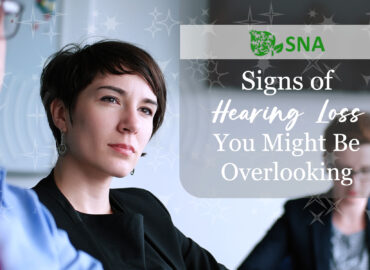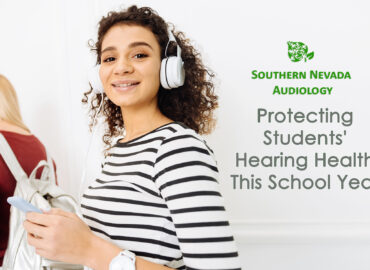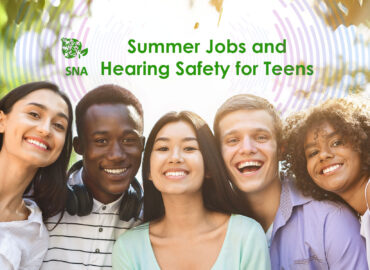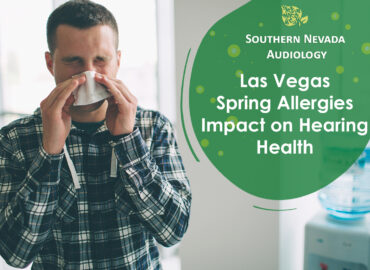The Power of Exercise for People with Hearing Loss
Staying active isn’t just about toned muscles or a healthy heart—it also plays a key role in your hearing health. For those living with hearing loss, regular exercise offers surprising benefits that go beyond fitness. From improving circulation to reducing stress, movement can help support both your ears and your overall well-being.
In this guide, we’ll dive into the best exercises for people with hearing loss and offer practical tips to help you stay active, safe, and energized.
Why Exercise Matters for Hearing Health
Physical activity is a proven powerhouse for your health—and your ears are no exception. Here’s why:
- Better Circulation: Exercise improves blood flow, including to the delicate hair cells in your inner ear. These cells are vital for hearing, and healthy circulation helps keep them functioning at their best.
- Stress Reduction: Chronic stress and inflammation can worsen hearing loss. Movement, especially mindful or aerobic exercise, helps reduce both.
- Improved Balance: Hearing loss can increase your risk of balance problems. Certain exercises can help strengthen your stability and coordination.
Top Exercises to Support Hearing Health
Cardiovascular Workouts
Activities like walking, jogging, cycling, and swimming aren’t just good for your heart—they help pump oxygen-rich blood to your ears. Aim for 30 minutes most days of the week. Even a brisk walk counts!
Strength Training
Lifting weights, using resistance bands, or doing bodyweight moves (like squats or push-ups) helps build muscle and improve bone density. This is especially helpful for maintaining balance and preventing falls, which can be a concern for those with hearing issues. Try to include strength sessions 2–3 times per week.
Balance & Flexibility Training
Yoga, tai chi, and Pilates are fantastic for improving posture, balance, and range of motion. They also promote relaxation and reduce anxiety—both of which can positively influence hearing health. Plus, these activities are easy to modify and great for all fitness levels.
Smart Tips to Get Moving
- Do what you love: Find activities you enjoy—whether it’s dancing, hiking, or a water aerobics class.
- Start slow: If you’re new to exercise, ease in and increase intensity gradually.
- Partner up: A workout buddy can add fun and accountability.
- Warm up & cool down: Always take time to stretch before and after to avoid injury.
- Pay attention to your body: Rest when you need to, and don’t push through pain.
Check In with a Professional
Before starting a new fitness routine, chat with your doctor or a Southern Nevada audiologist—especially if you have a chronic health condition. They can help tailor a plan that fits your needs and ensures your safety every step of the way.
Keep Moving, Keep Listening
Exercise is a powerful ally in your journey toward better health—and better hearing. By weaving cardiovascular, strength, balance, and flexibility training into your weekly routine, you can feel stronger, steadier, and more confident while supporting your ears in the process.
Your body—and your hearing—will thank you.






